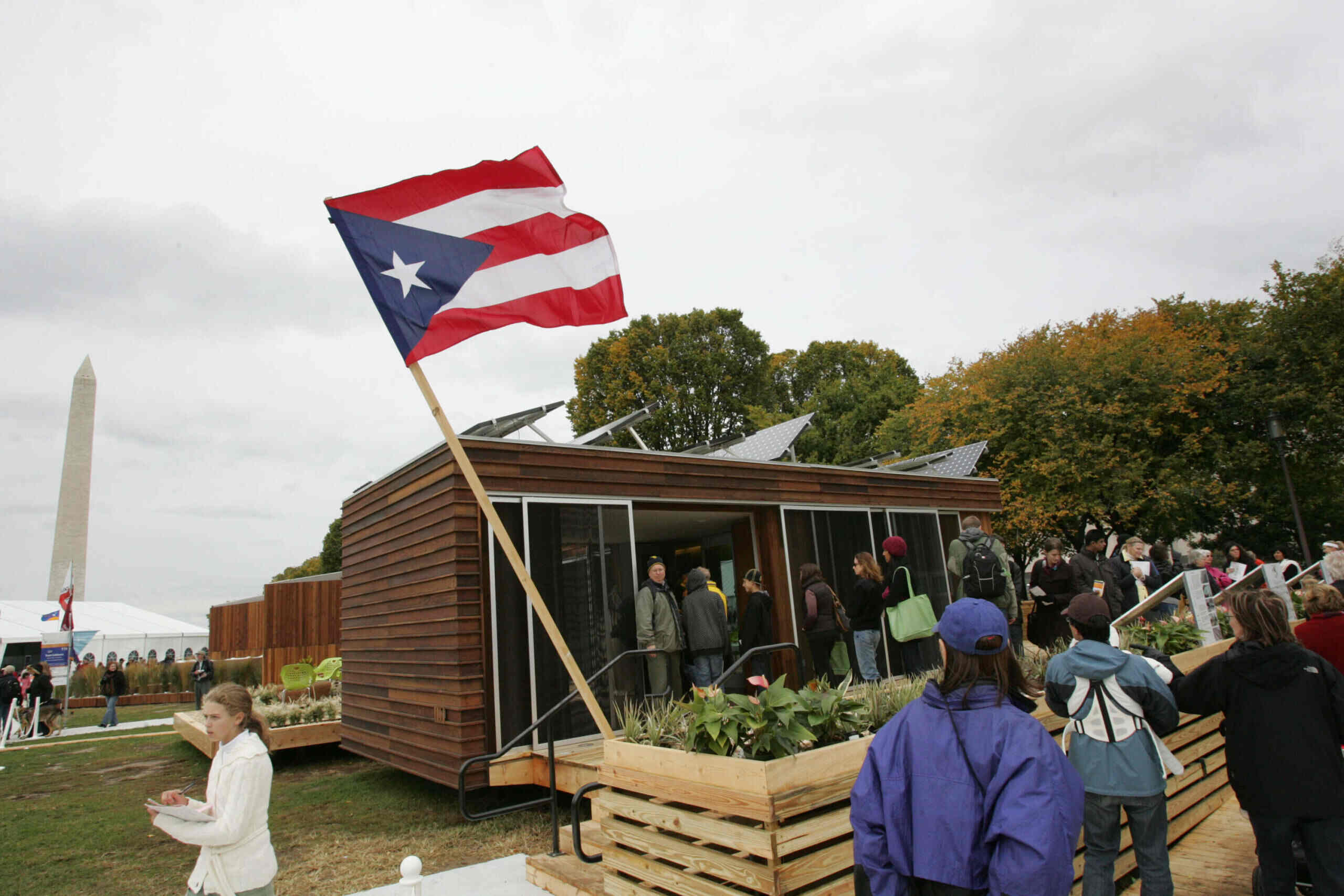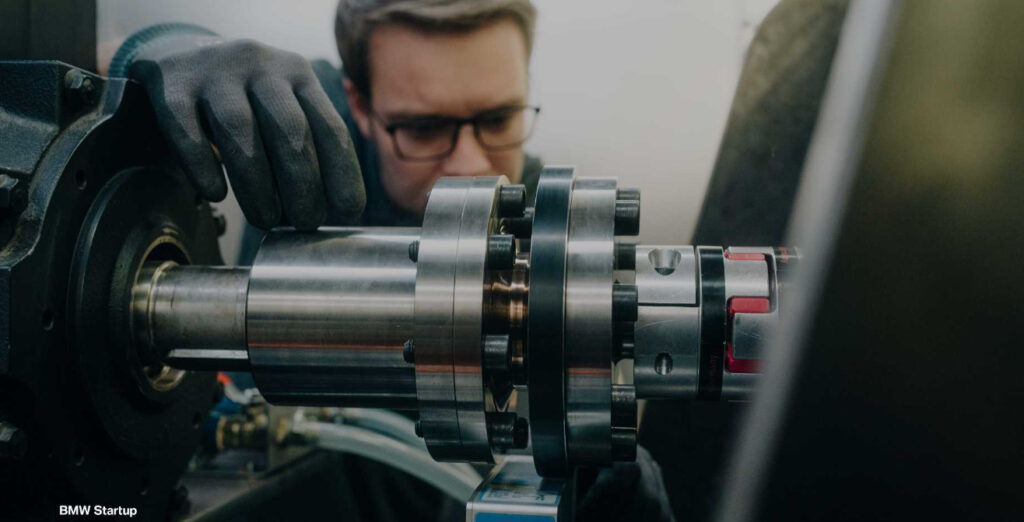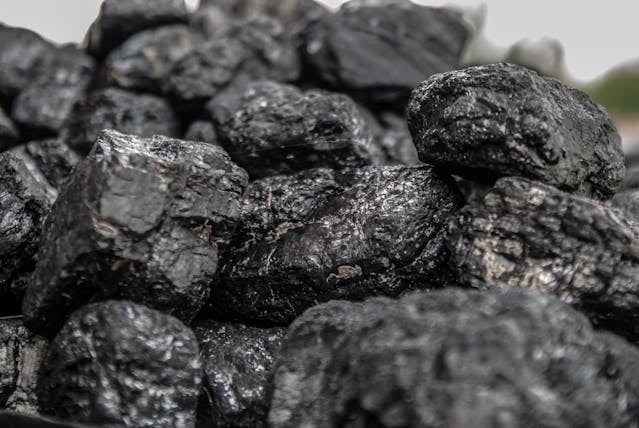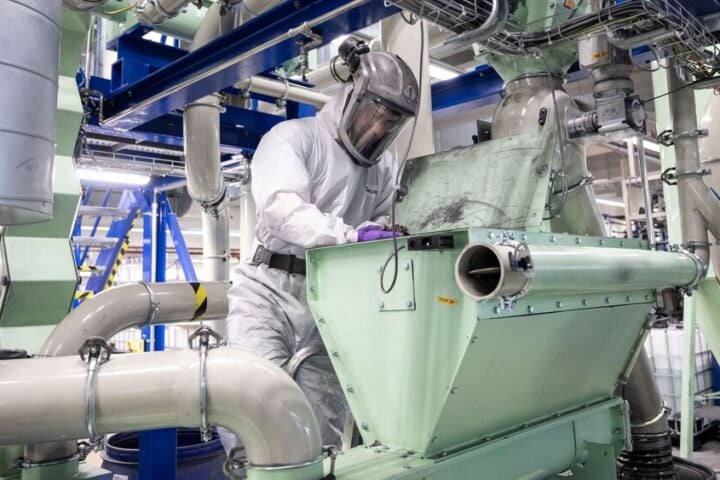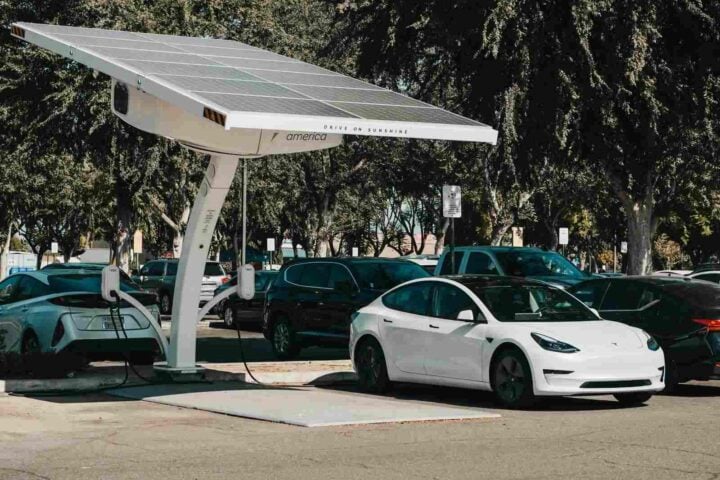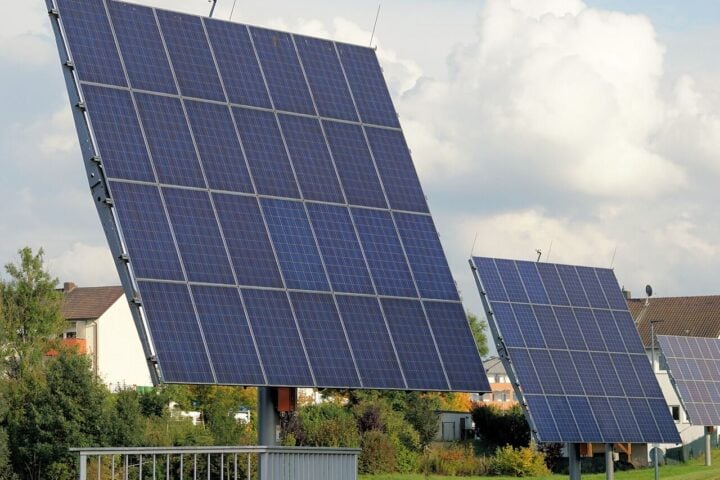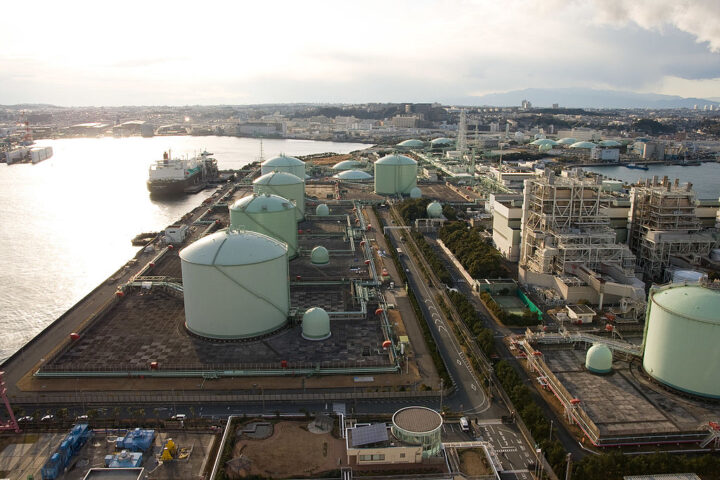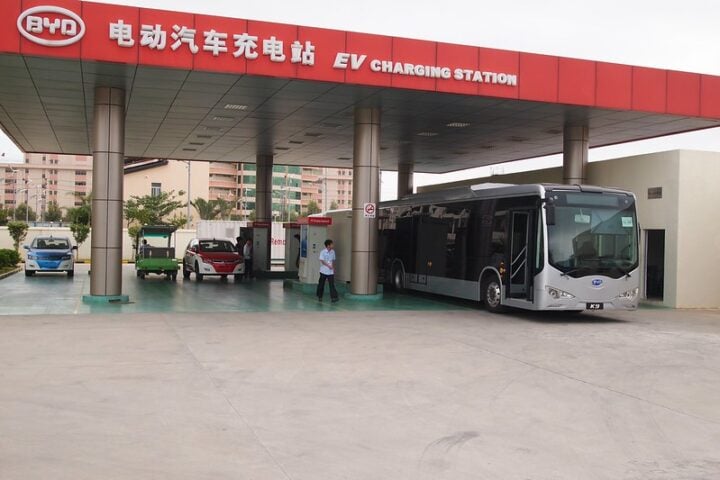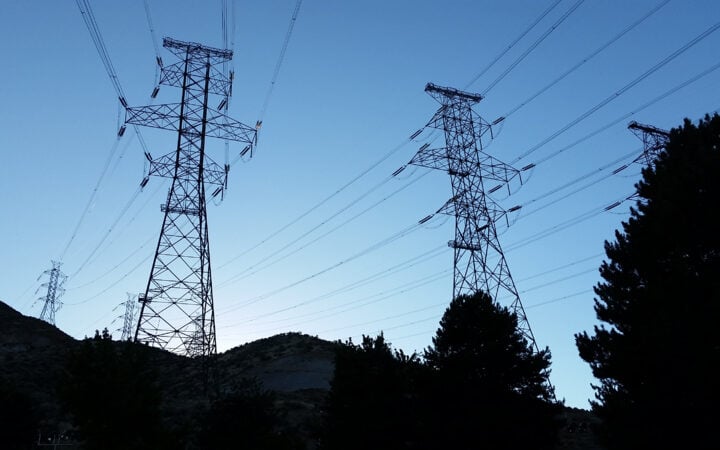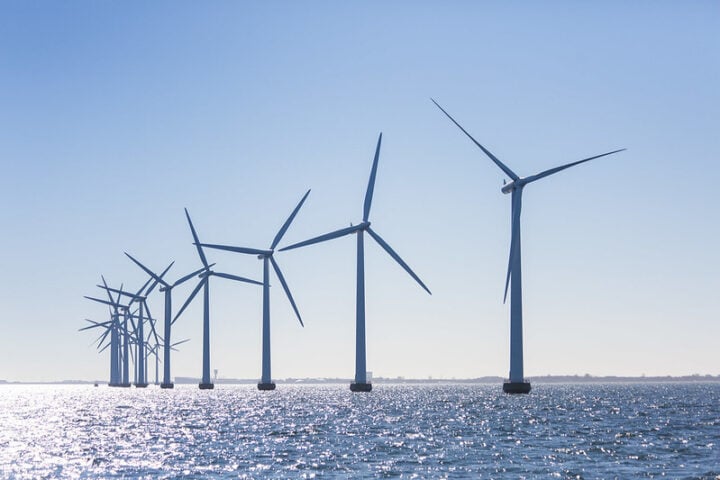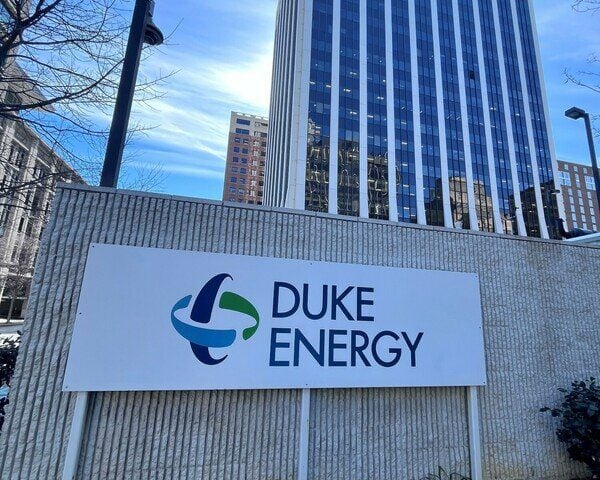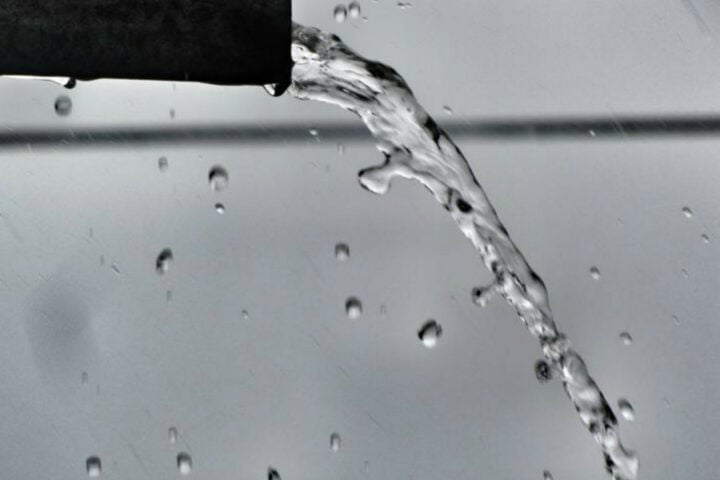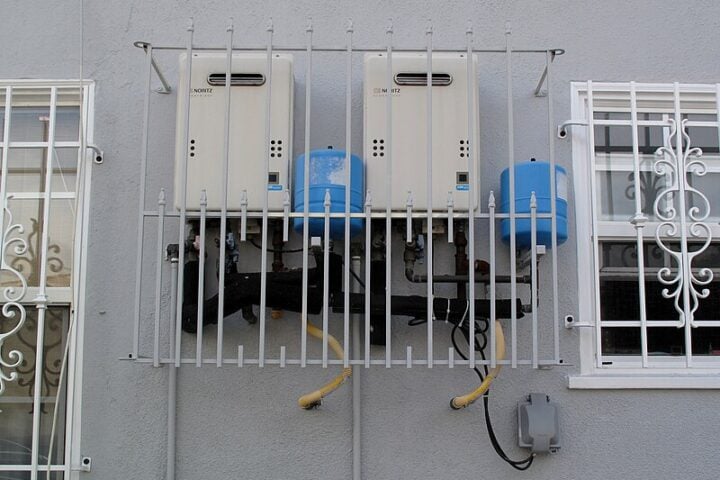Maximiliano J. Trujillo-Ortega, State Director of USDA (United States Department of Agriculture) Rural Development for Puerto Rico, announced the awarding of $103,525 to Jack Packaging Inc., enabling the snack factory in Ciales to acquire and install a renewable energy system. The grant will help the local company save $22,714 in annual energy costs.
In a statement released this Thursday, USDA Rural Development reported that it is managing around $49 million in grants and loans to support 59 projects that will help communities in rural and tribal areas address immediate needs and promote sustainable economic growth. The company in Puerto Rico is among the new list of recipients of projects supported by USDA Rural Development as part of the Rural Partners Network (RPN) initiative, which includes Puerto Rico and 10 states.
The RPN is a Biden-Harris Administration initiative that allocates funds for projects in rural communities. USDA Rural Development leads the Rural Partners Network in collaboration with 20 federal agencies and regional commissions through the Interagency Council on Rural Prosperity, co-chaired by the White House Domestic Policy Council. In November 2022, USDA announced the expansion of the Rural Partners Network to four states and Puerto Rico. The initiative was initially launched in April of that year.
In Puerto Rico, the following communities are part of the RPN: South – Western Puerto Rico, including the municipalities of Mayaguez, Maricao, and Guánica; Central Mountain Network of Puerto Rico, including the towns of Utuado, Jayuya, Ciales, Orocovis, Villalba, Ponce, Adjuntas, Barranquitas, and Coamo; and the East Community Network, which includes Fajardo, Ceiba, and Naguabo, as well as the El Yunque National Forest.
These projects will reduce costs for families and small businesses, create jobs, and expand business opportunities. Communities will use the funds to transition to clean energy, modernize infrastructure, provide affordable housing, and improve community water and food supplies, the agency claimed. “The Biden-Harris Administration has fought to win unprecedented resources for rural communities, and the Rural Partners Network gets them to the people who need them most,” said USDA Rural Development Under Secretary Basil Gooden. “These latest investments help ensure that every community in this country has clean water and energy, good jobs, and a prosperous future.”
One of the renewable energy programs available in Puerto Rico for small businesses and farmers is the Rural Energy for America Program (REAP) under the Inflation Reduction Act (IRA). USDA recently announced about $145 million in funding for 700 loans and grants with the goal of helping farmers and small rural businesses improve their energy systems and invest in renewable energy systems to reduce costs, generate income, and enhance resilience. Specifically, the program provides guaranteed loan financing and grants to agricultural producers and small rural businesses for renewable energy systems or to make improvements that lead to greater energy efficiency. Agricultural producers can also apply for new energy – efficiency equipment, and production and processing loans.
Among other clean energy system projects announced this week with the help of USDA Rural Development is the Boston Gin Company project in Thomas County, Georgia, which received a $262,625 grant to install solar technology. The equipment will save the cotton ginning company more than $34,000 a year and provide enough energy to power 37 homes. Helical Holdings LLC in Baker County is receiving a $942,623 grant for solar technology that will save the company more than $92,000 annually and generate enough energy to power 215 homes. A family farm is receiving a $457,500 grant to purchase a new replacement grain dryer that will save them more than $27,000 annually.
In Alaska, a nonprofit health organization serving tribal communities will reduce costs through energy efficiency improvements. The investments will also save 50 jobs at a fuel distribution facility and create 40 more jobs at a seafood processing plant.
In Kentucky, Appalachian communities will replace water lines compromised by toxic materials and weather conditions. The investments will also help farmers and small businesses transition to clean energy.
In Mississippi, the Fannie Lou Hamer Cancer Foundation will build a new educational event center. The investments will also help create a law enforcement training academy at a community college and allow a cottonseed cooperative to save jobs and purchase new equipment to create oil, meal, and other products from cottonseed.
Similar Posts
In New Mexico, the investments will help small businesses and entrepreneurs expand their operations and reach. A community devastated by wildfires and flooding will renovate and expand a facility to provide food, water, and other necessities to those in need.
In Nevada, funds will provide loans to grow small businesses and create jobs. It will also help a rural electric cooperative serving struggling communities replace streetlights with LED lights, saving more than $68,000 annually.
In North Carolina, a poultry farm and a food technology company will save thousands of dollars each year by introducing clean and efficient energy into their operations. The investments will also help rehabilitate and provide safe, affordable housing for seniors and low-income families. Funds will also relocate a healthcare provider to a needy community.
In West Virginia, funds will help expand and improve critical water and sewer services and upgrade community facilities such as local government offices and healthcare centers.
In Wisconsin, several farmers and small businesses will install clean energy technologies to become more energy efficient, saving thousands of dollars annually. The funds will also help a cooperative increase the amount of renewable fuel sold at its pumps by more than 2 million gallons annually.
These investments come a week after the White House announced a memorandum of understanding that formalizes the relationship between the government and philanthropy to provide a strategic focus on rural communities that addresses barriers to accessing federal programs with a specific focus on advancing equity and prosperity in rural America. This partnership will enhance the work of the RPN by helping communities develop applications, plan projects, and leverage pre-development expenses and matching funds.
Launched in April 2022 and expanded in November 2022, RPN now spans 36 community networks. Community networks receive support from full-time USDA staff who live and work locally. These staff members provide technical assistance based on the needs of each community, helping them navigate federal programs, build relationships, and apply for funding. In addition to USDA staff, there are staff from more than 20 other federal agencies dedicated to RPN and facilitating access to government-wide resources for people in rural communities.
RPN communities also benefit from coordination through other federal efforts, such as the Interagency Working Group on Coal and Power Plant Communities and Economic Revitalization and President Biden’s Justice40 Initiative and Investing in America agenda. The Interagency Council on Rural Prosperity, co-chaired by the White House Domestic Policy Council and USDA, advises the RPN program and ensures that rural voices are heard and reflected in national policies that will benefit all people in rural communities.
USDA Rural Development provides loans and grants to help expand economic opportunities and create jobs in rural areas. This assistance supports infrastructure improvements, business development, housing, community facilities such as schools, public safety, and healthcare, and high-speed internet access in rural areas.
